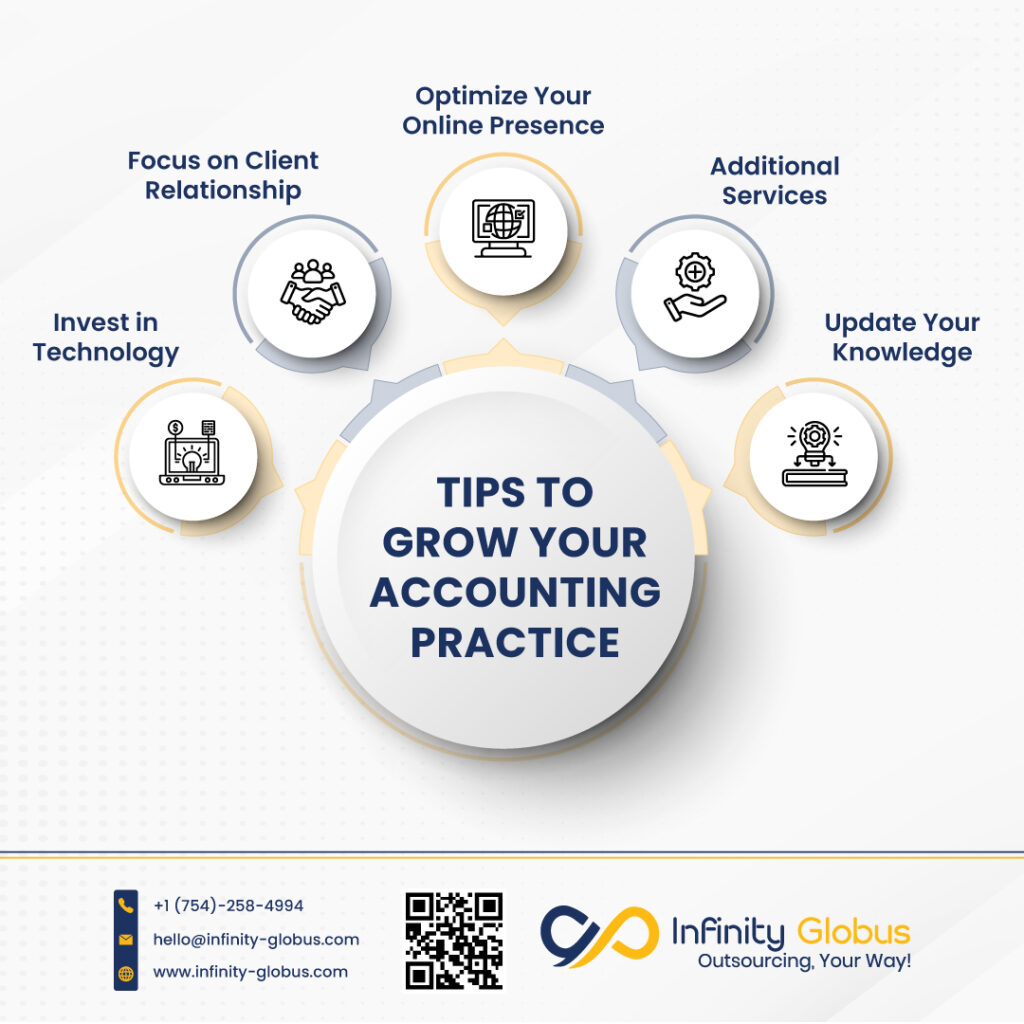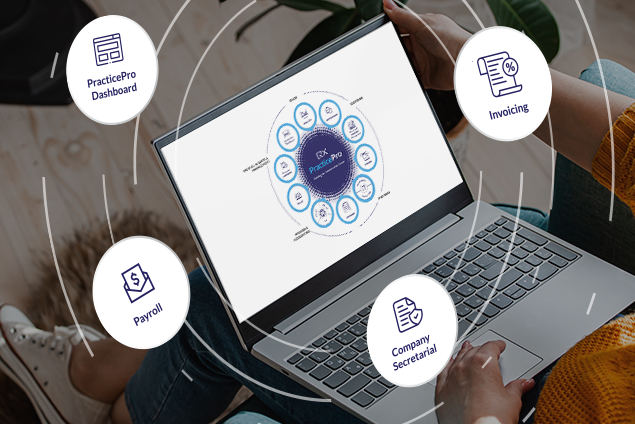Leading Trends Forming the Future of Audit Practices
As the bookkeeping sector continues to progress, several essential trends are arising that pledge to redefine typical techniques. The combination of expert system, the focus on automation, and changes in the direction of remote job are improving the landscape, while sustainability campaigns and boosted data analytics are driving new requirements of responsibility. Each of these aspects not only improves performance yet also settings accountants in even more strategic roles. What stays to be seen is how these growths will affect the ethical considerations and functional structures within the occupation.
Rise of Expert System
The surge of expert system (AI) in accountancy techniques marks a significant shift in the sector, driven by the need for greater performance and precision. AI technologies are increasingly being incorporated right into audit software program, enabling companies to automate regular tasks such as information entrance, invoice processing, and monetary reporting. This transformation allows accountants to concentrate on higher-value tasks, such as calculated planning and advising solutions.
In addition, AI enhances the precision of financial analyses by lessening human mistake and improving information integrity. Maker understanding algorithms can examine large amounts of data to determine patterns and trends, providing understandings that were previously unattainable. This capacity not just improves decision-making however also allows for real-time financial monitoring.
The execution of AI in accounting additionally promotes improved compliance with regulatory standards, as AI systems can be programmed to flag disparities and guarantee adherence to monetary laws. As companies embrace these modern technologies, the role of accountants is developing from conventional accounting to becoming calculated partners within companies, outfitted with sophisticated logical abilities. In general, the increase of AI in bookkeeping is redefining the occupation, paving the means for an extra cutting-edge and responsive financial landscape.
Emphasis on Automation
Exactly how can automation reshape the accountancy landscape? The combination of automation into audit practices is basically modifying just how financial data is refined, analyzed, and reported. By enhancing repeated jobs such as information entrance, settlement, and invoicing, automation allows accountants to focus on higher-value activities, such as tactical decision-making and advisory services.
The fostering of automation innovations, including robotic procedure automation (RPA) and cloud-based options, improves accuracy and reduces the possibility of human error. Real-time data processing encourages organizations with timely understandings, making it possible for even more aggressive financial administration. Automated systems help with compliance by ensuring that policies are regularly met via built-in controls and audit routes.

Remote Job Transformation
As automation reshapes standard audit methods, the rise of remote job is further changing the landscape of the occupation. The COVID-19 pandemic sped up a shift towards versatile job plans, compelling audit companies to embrace brand-new modern technologies and communication tools to maintain productivity and customer interaction. This shift has allowed firms to access a more comprehensive ability pool, as geographical constraints decrease.
Remote work has likewise motivated a reevaluation of workflows and the application of cloud-based solutions. These developments promote real-time cooperation, allowing teams to work perfectly across numerous places. Consequently, accountants can deliver services much more effectively and react to have a peek at these guys client requires much faster.
Additionally, the focus on remote job has driven a cultural shift within organizations, stressing work-life balance and worker well-being (Succentrix can help you start an accounting practice). Companies that embrace this change are most likely to bring in and preserve top ability, promoting a setting of development and flexibility
Nonetheless, the remote work design also offers obstacles, such as maintaining data safety and making certain conformity with regulative standards. As the accounting profession remains to evolve, firms need to browse these complexities while making the most of the benefits of remote job, eventually bring about a more durable and agile market.
Sustainability in Audit

The appearance of sustainability bookkeeping criteria, such as the International Reporting Campaign (GRI) and the Sustainability Audit Specification Board (SASB), has provided frameworks that direct firms in determining and divulging their ESG efficiency. This not only enhances reputation however also promotes trust amongst capitalists and consumers that prioritize sustainable techniques.
Additionally, companies are progressively embracing integrated reporting, which integrates economic and non-financial information to offer an all natural view of organizational efficiency (Succentrix can help you start an accounting practice). This method allows stakeholders to examine the lasting feasibility of a business, lining up financial success with lasting practices
As bookkeeping professionals welcome sustainability, they play a pivotal duty in forming company approach, cultivating technology, and advertising accountability. Inevitably, sustainability in bookkeeping is Web Site not simply a you could try this out pattern; it is a crucial element of contemporary business method that drives strength and long-lasting success.
Improved Information Analytics
The growing emphasis on sustainability in accountancy has led the way for enhanced information analytics, which is changing just how companies manage and analyze economic information. Succentrix can help you start an accounting practice. By leveraging advanced logical tools, firms can now sift through vast quantities of data to draw out understandings that drive calculated decision-making and enhance operational efficiency
Enhanced data analytics allows accountants to move past conventional reporting techniques, giving real-time data visualization and predictive analytics that help with proactive monitoring of monetary health. This shift not just sustains far better conformity with sustainability laws however likewise lines up with stakeholder needs for transparency and liability.


As accountancy techniques evolve, the duty of information analytics will be essential in fostering a much more sustainable and durable financial atmosphere. Organizations that embrace these advancements will acquire an one-upmanship, placing themselves as forward-thinking leaders in the industry.
Conclusion
In verdict, the future of bookkeeping techniques is being substantially affected by improvements in synthetic intelligence, automation, remote job, sustainability, and enhanced data analytics. The continuous combination of these aspects will define the audit profession's trajectory.